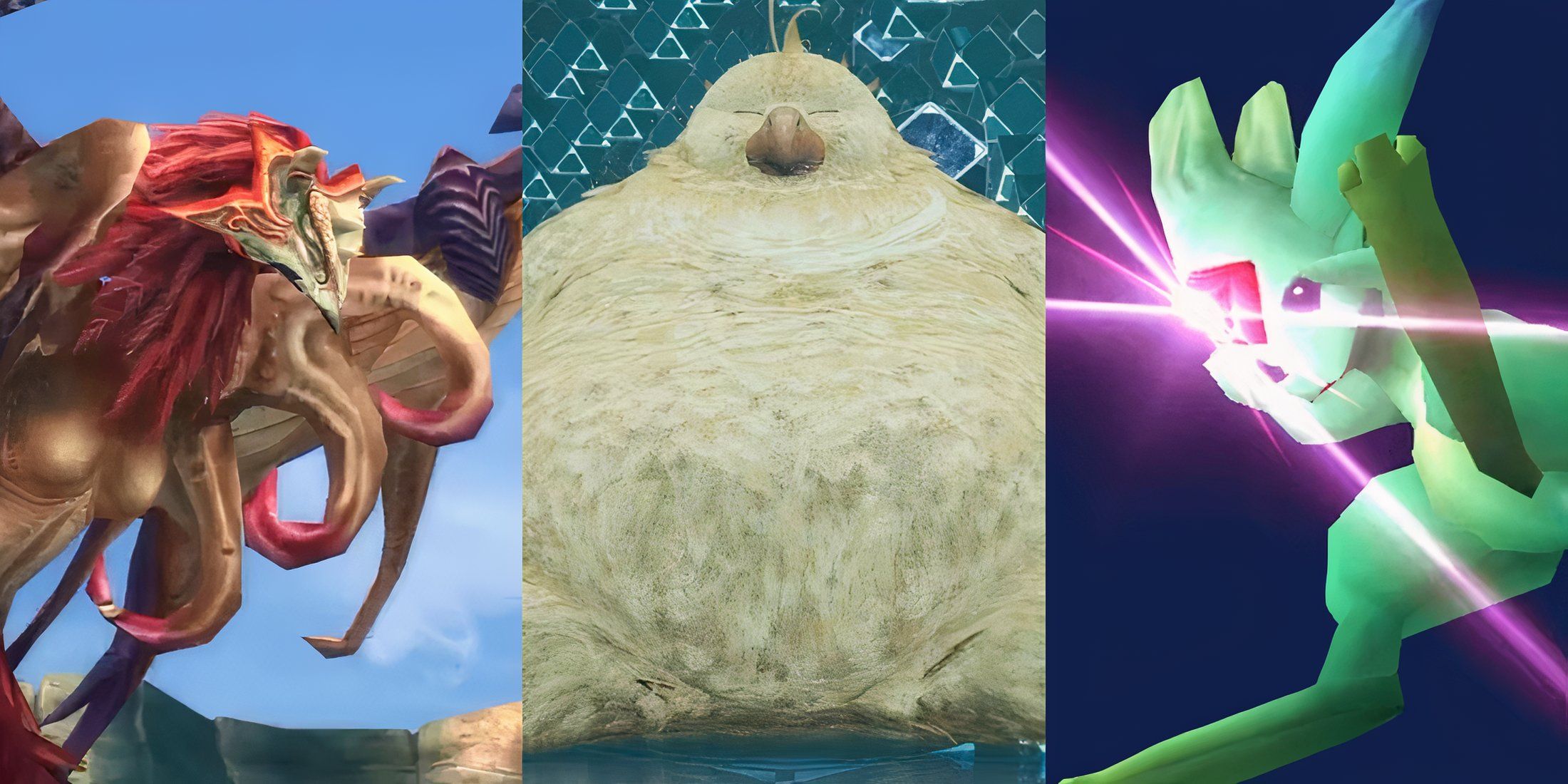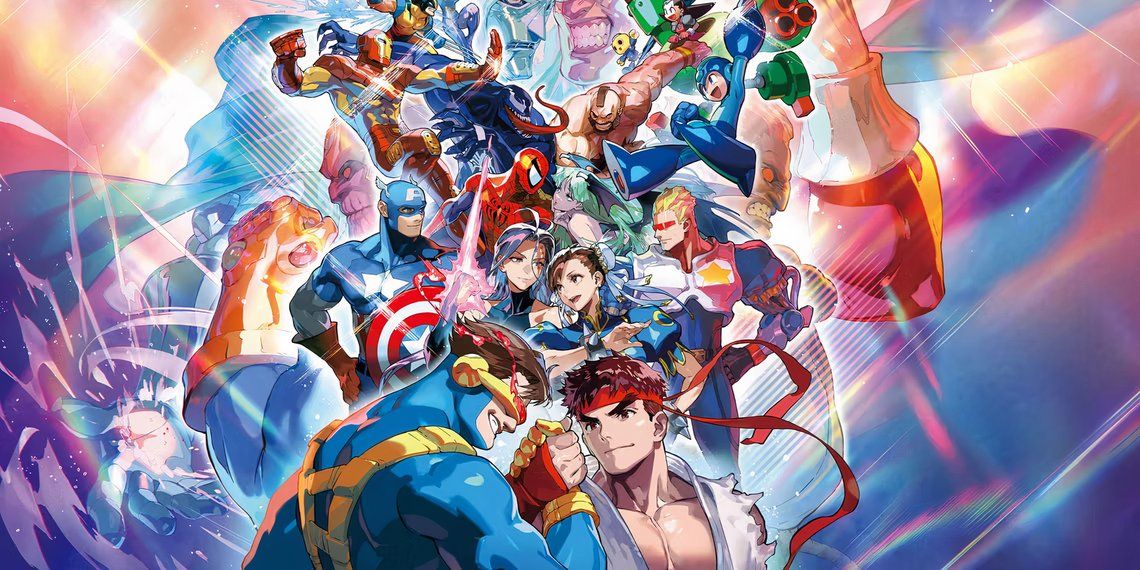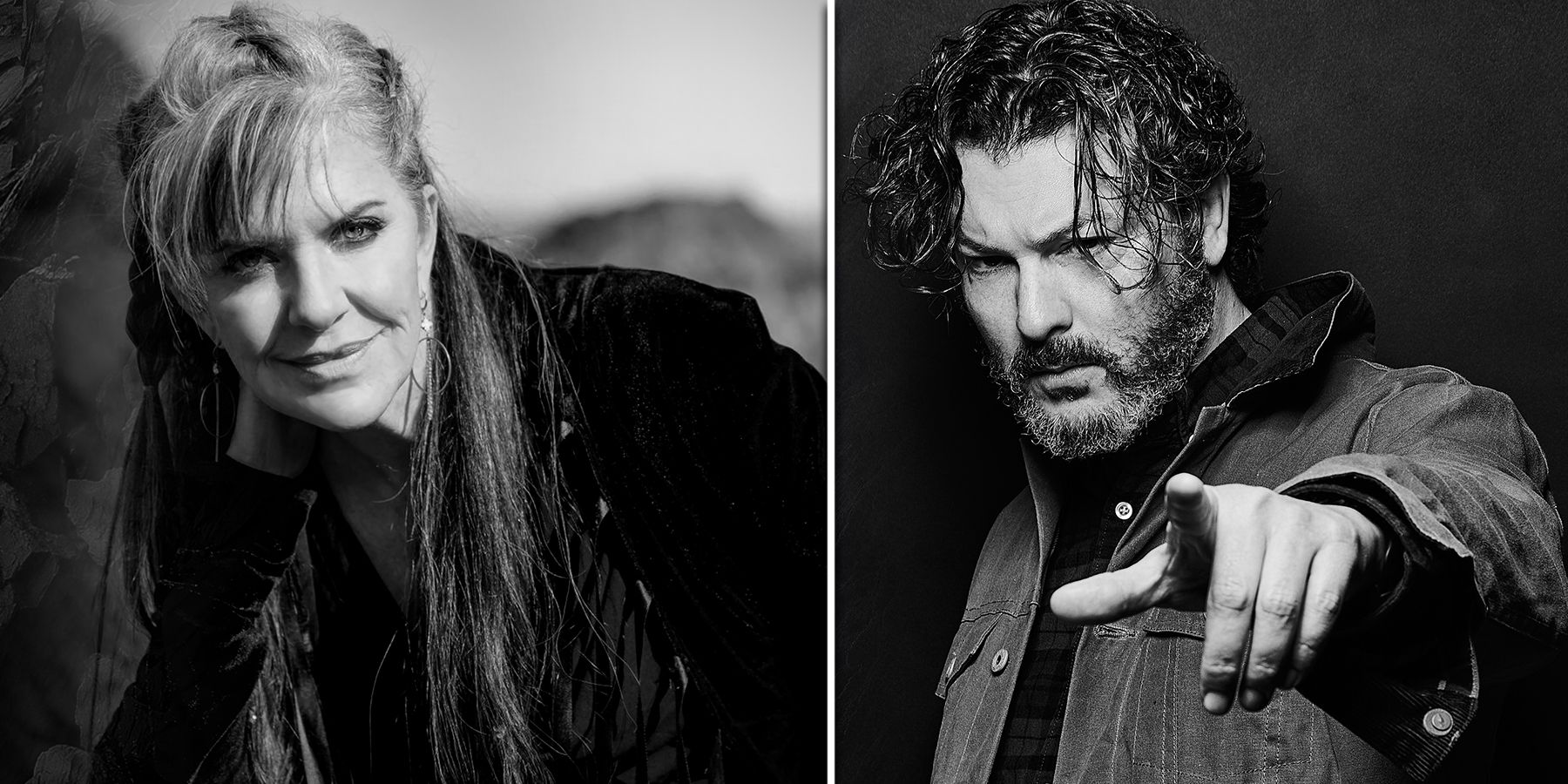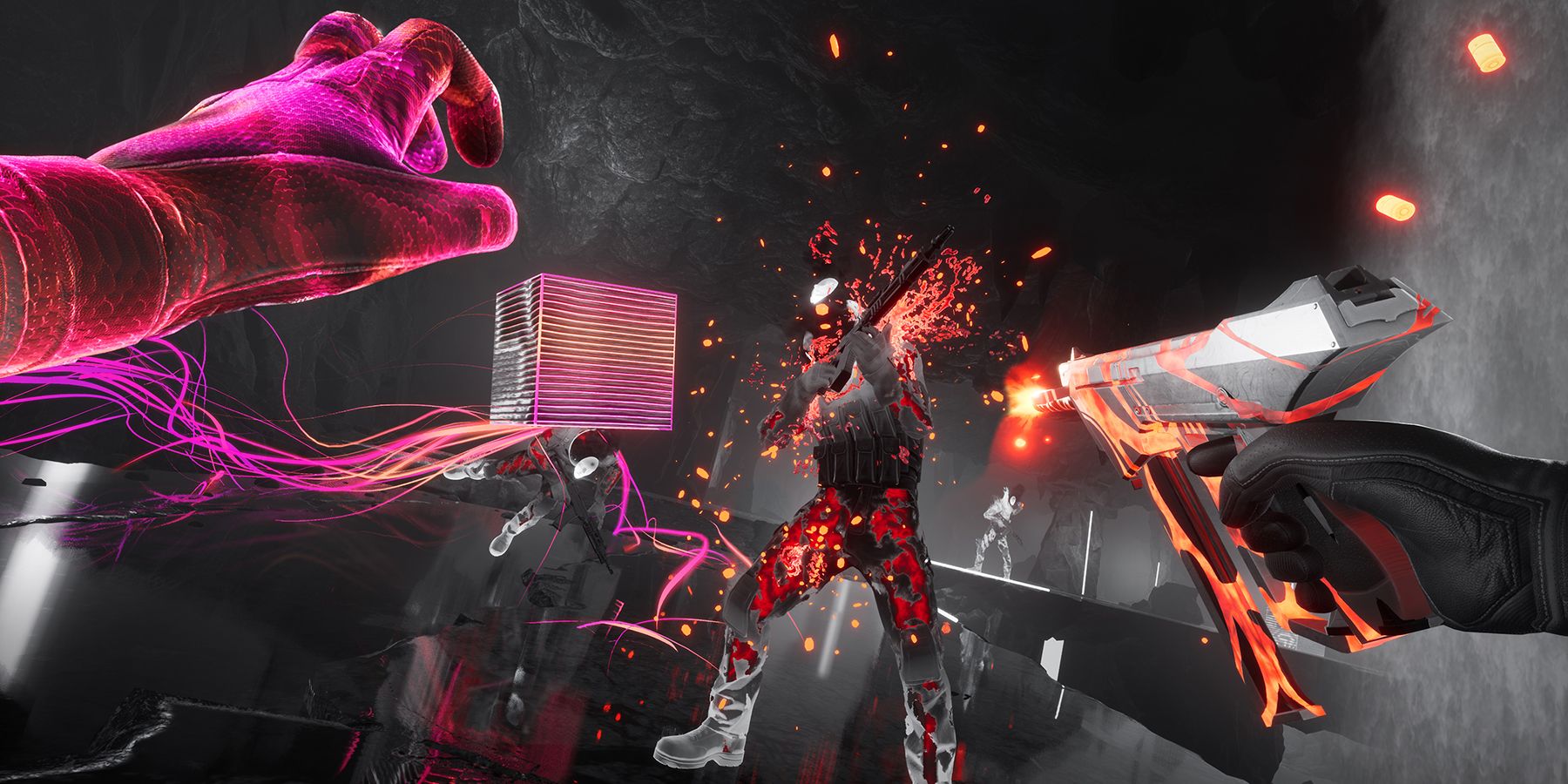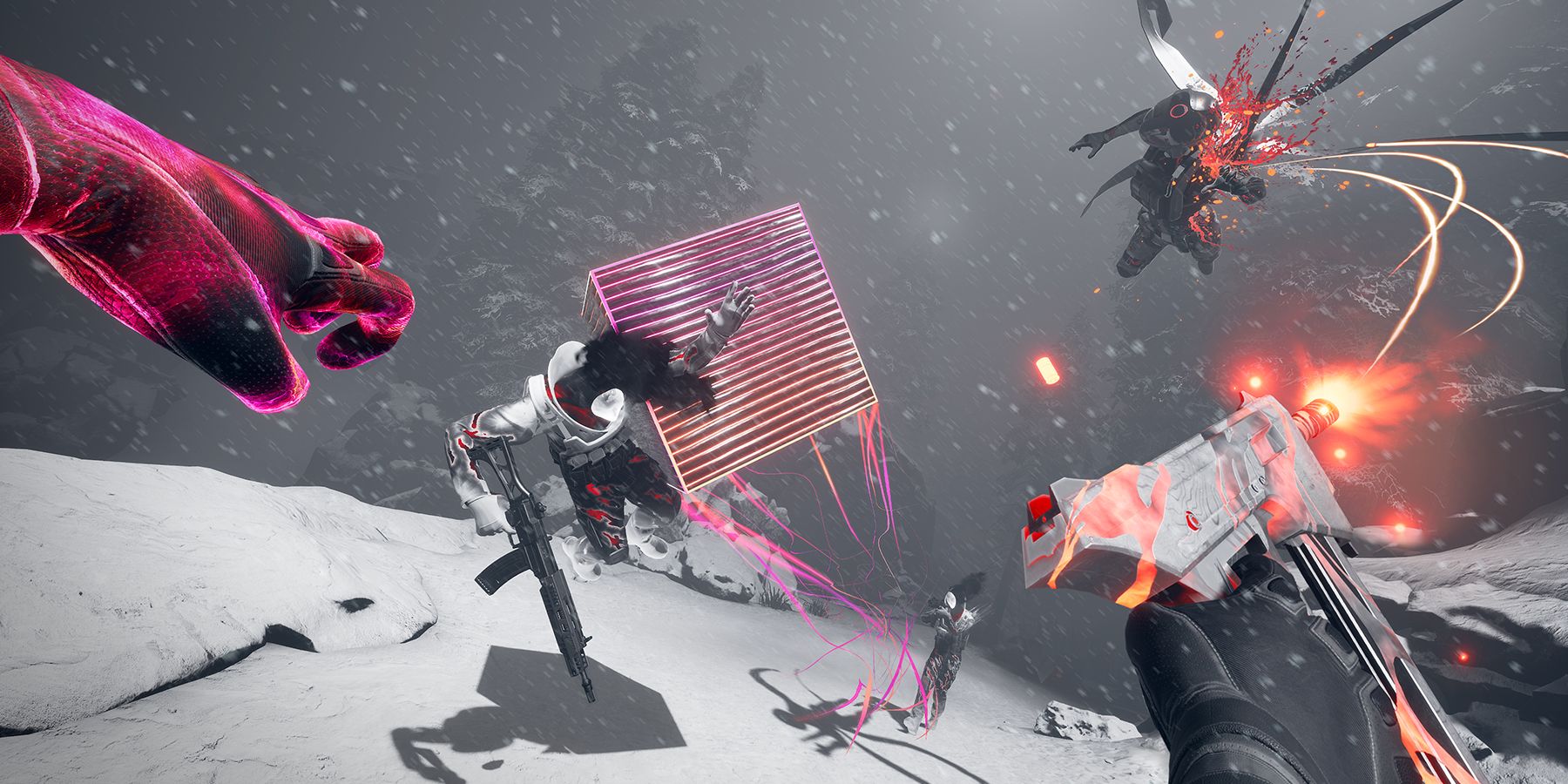AI has been a controversial subject in the past year due to the explosive growth of technologies like image-generating tools such as Midjourney and AI language models like ChatGPT that, although undoubtedly useful and fun, are also disruptive forces in a number of industries. There is an ongoing debate about the ethics surrounding these AI tools regarding how they're trained on images, voices, and writings without the creator's consent, and although AI voice acting might be a boon to indie game developers unable to afford voice actors, it's important to address these concerns as the technology finds its place in the industry.
Game ZXC recently interviewed iconic voice actors Jennifer Hale and David Hayter ahead of the launch of the upcoming PSVR2 exclusive Synapse in which they are both lending their talents, and they each had some insights regarding AI's role in their profession. They spoke about whether or not they believe AI will be able to replace human performers, as well as the legal rights that actors have regarding the use of their voices.
Jennifer Hale Says Actors Must Be Compensated Or It's Theft
Most people by now have probably heard or seen shockingly accurate AI renditions of prominent figures like Joe Rogan or Donald Trump in various spoofs online, and this is understandably concerning to people whose careers are rooted in their voices. Jennifer Hale reflected on this, stressing that industry professionals shouldn't give in to fear, but rather they should take steps to protect themselves and to know their legal rights.
The fact is, if I took your face – if I grabbed Joey's image and used it to promote my company – then it wouldn't be long before I got some sort of legal action thrown my way for giving you absolutely nothing for stealing your image.
And the same is true for our voices. Many people have awakened to this fact and are absolutely present to it, and I really appreciate that. We have rights, and if you're going to use someone's voice, they need to be compensated for that. You don't get to steal people's voices, because that's what it's doing: It's theft.
Hale advises that voice actors take advantage of the resources that the National Association of Voice Actors (NAVA) provides to protect their vocal likeness from misuse, and NAVA also has resources that can help facilitate contracts for actors who may wish to license out their voices for use by AI tools. Thanks to resources like this, it's possible for a balance to be struck so that actors and AI tools can coexist in a way that's mutually beneficial, but it's also very clear that AI's ultimate role in the industry is inherently limited due to one factor: the human soul.
Jennifer Hale and David Hayter Don't Think AI Can Truly Replace Human Voice Actors
Despite legal rights and theft being a serious concern, both Jennifer Hale and David Hayter are unbothered by the idea of being replaced outright. They recognize that although AI is superficially impressive, there are certain human qualities that make it impossible to truly replicate their performances. MetalGearSolid voice actor David Hayter says that the soul behind the voice simply can't be emulated by AI.
The computer's amazing at replicating the voice, but what it is not good at doing is replicating the soul of the person. If you listen to deep fakes of Joe Biden or Trump, it sounds like them tonally, but it also sounds like a computer. You're never going to get the thousands of subtle emotional cues that Jennifer Hale puts into each line via computer. I just don't think that's ever going to happen.
I think AI is a fun tool that people will explore and find out the limitations of, and it'll find its place within our community, but I don't think it's going to be writing our scripts and I don't think it's going to be performing our performances.
On the other hand, Hayter also notes that AI technology will find its place in the industry. One example is how AI voice acting was used for Senua's Saga: Hellblade 2 as a vocal placeholder during development to figure out timing and phrasing before real actors are brought in for the final product. It's also been used to bring AI-voiced dialogue to older games like The Elder Scrolls 3: Morrowind, which might be the only way players will hear that content vocalized short of a true remake.

